Distance Learning Tips For Parents

These distance learning tips can help parents support their child’s virtual schooling during the pandemic.
Pandemic Fatigue: How To Stay Mentally Healthy In The Covid Era
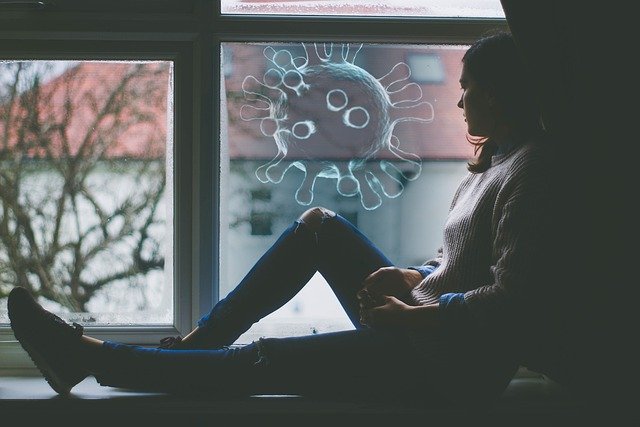
As 2020 draws to a close, many of us are experiencing pandemic fatigue. We’re all tired of wearing masks and social distancing. Most of us just want to go back to traveling, enjoying time with family and friends, and the normal world we used to know. This is the time when it is so important for our mental health that we keep a positive outlook and not allow boredom and pessimism to creep in.
Hope for OCD: One Man’s Story of Living and Thriving With Obsessive Compulsive Disorder
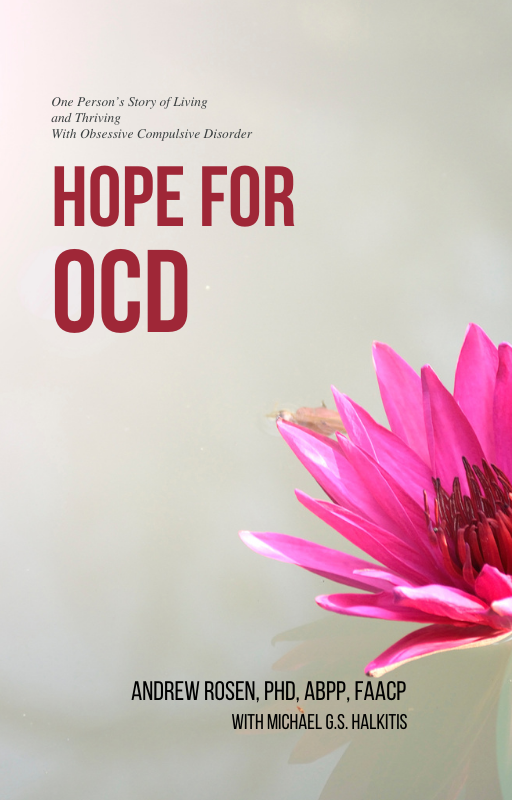
Millions of Americans go through each day tormented by the uncontrollable thoughts (obsessions) and compulsive rituals and behaviors that characterize OCD. Difficult to understand and even harder to experience, Hope for OCD – One Person’s Story of Living and Thriving with Obsessive Compulsive Disorder is a profoundly courageous inside look at navigating life with the challenges of this anxiety disorder.
Is It Okay To Take A Break From The News?

The further we go through 2020, the crazier the year seems to get! The coronavirus pandemic is ramping up (again) and there are worries about more potential layoffs and job losses amid the new surge. Top these concerns off with the back-and-forth sniping over the presidential election’s disputed results and many people have begun asking is it okay to take a break from the news?
How Election Anxiety Affects Children

While the country waits for the official results of the 2020 election, anxiety is mounting. In this unprecedented pandemic year, the highly contentious and now unresolved election has raised everyone’s stress levels. With the topic being on everyone’s mind, there is no doubt that this election anxiety has impacted the nation’s children, as well.
Navigating The Pandemic Paradox
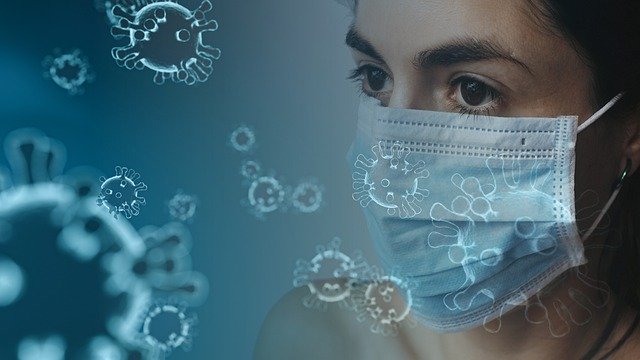
Sometimes it seems as if we’ve all become trapped in a movie that is playing out worldwide. The coronavirus pandemic is like nothing we’ve ever seen before and has indelibly changed our lives. This time last year, people would have laughed if you’d predicted the shuttering of schools and businesses, that face masks would become a fashion statement, or that our normal lives would be turned upside down so completely. Yet, despite this upheaval, there are still good things that have come from the pandemic.
Psychiatrists Prescribe Medication, This Psychiatrist Prescribes Hope
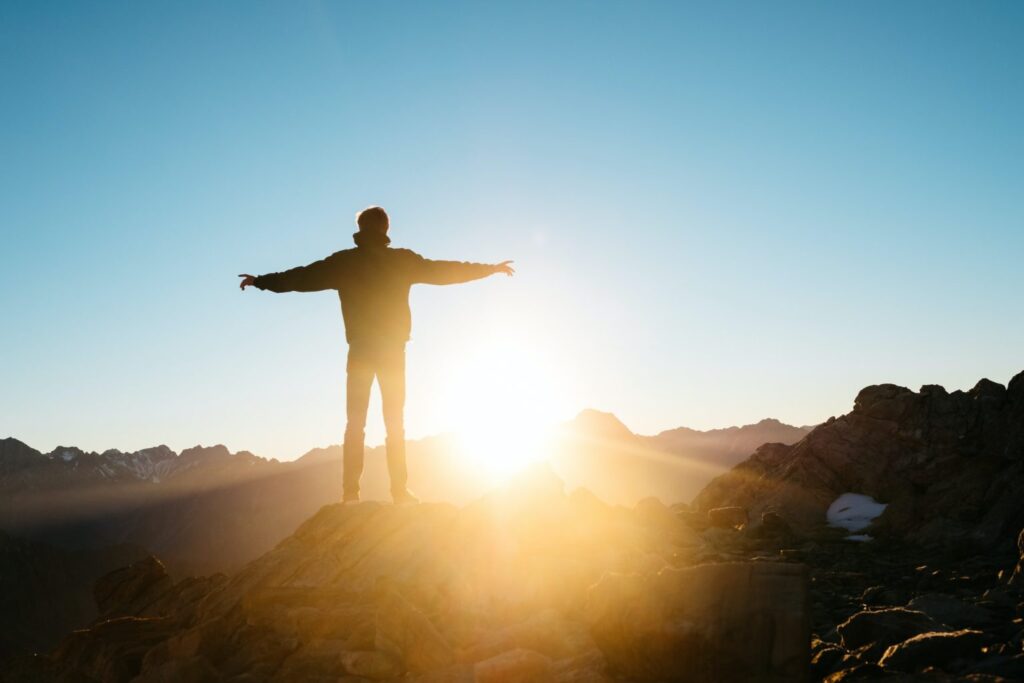
A first time patient comes into my office. I attentively listen to their story, ask pertinent questions, order tests when necessary, make an assessment and recommend a course of treatment. The prescription of medication is often involved. Thankfully, most people get better. But why do they get better? Was it the medication, the talking therapy or just the “tincture of time?” I would like to think that it was my careful choice of medication while the psychotherapist will want to take credit for their role. I think that the honest answer is more than the sum of these parts.
Morning Anxiety – Starting Your Day Overly Stressed
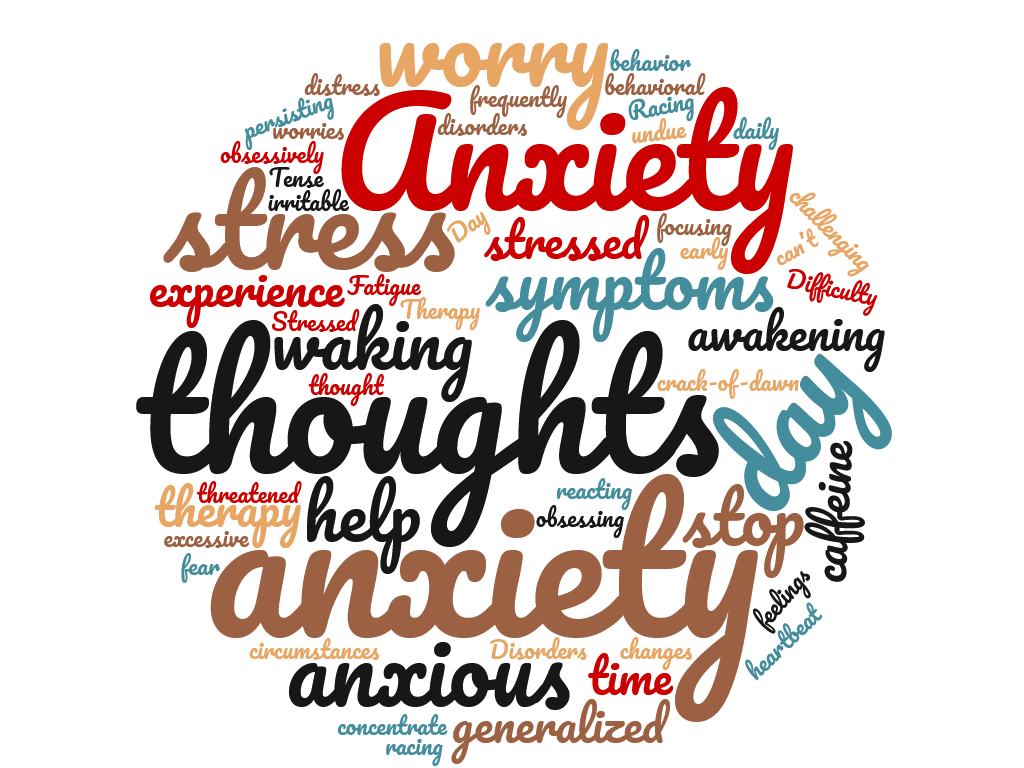
Does your anxiety begin before you even hit the alarm button in the morning? Or maybe you are waking up early with anxious thoughts about the day ahead already coursing through your mind. Morning anxiety is common simply because stress is common, and it’s usually nothing to worry about. If you find that you are frequently anxious about the everyday tasks and situations that most other people aren’t threatened by, however, you may have developed an anxiety disorder.
The COVID Paradox
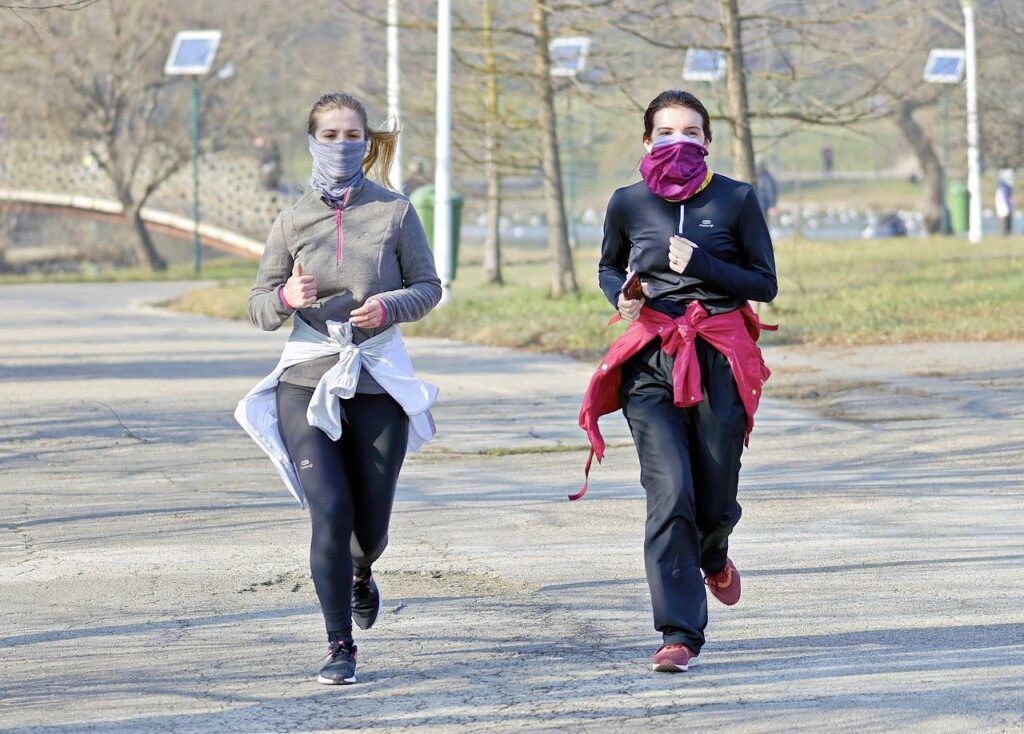
Never before in modern memory has the human race been faced with such a stressful and anxiety provoking foe. The novel coronavirus or COVI-19 has resulted in untold emotional unrest and fear among all nations and peoples of our world. There has been a lot of talk about the “invisible enemy,” an RNA based complex protein that looks like a World War 2 anti-ship mine with spikes sticking out of its surface. We are informed daily by the media that young and old victims of this virus are ending up on ventilators for weeks at a time if they survive. To “flatten the curve” and avoid overwhelming our hospitals we have had to become socially isolated, settle in place in our residences, wear masks when going out and remembering to wash our hands and not touch our faces. And after three months of dealing with this enemy of grown ups we are now being informed that children who we believed were not at risk of being made seriously ill have suffered as cases of a strange multi system inflammatory syndrome much like Kawasaki disease began to appear at hospitals.
Is The Coronavirus Pandemic Affecting Your Mental Health?
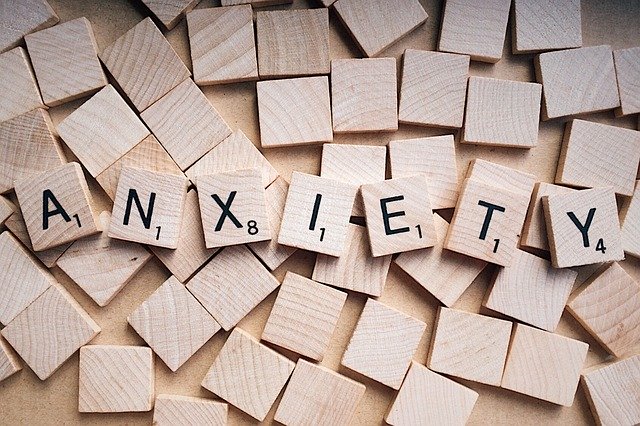
For months we’ve been hearing about the spread of the coronavirus and rising COVID-19 death rates. Some areas of the country have begun to slowly reopen, but others still remain either locked down or people are very restricted. While we tend to think of the virus in terms of health and physical illness, there is also a mental health toll to the fear and stay-at-home orders that have resulted from the pandemic.
